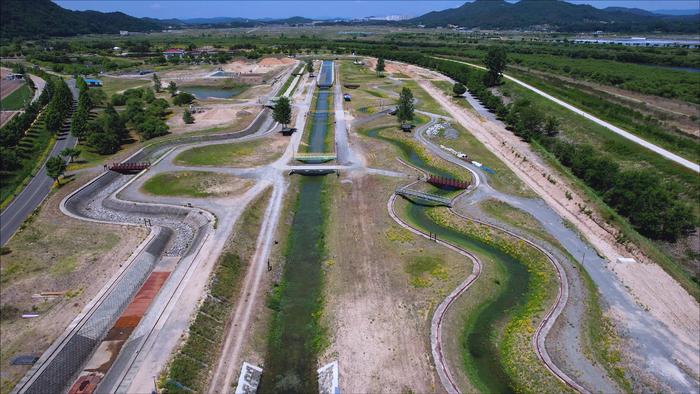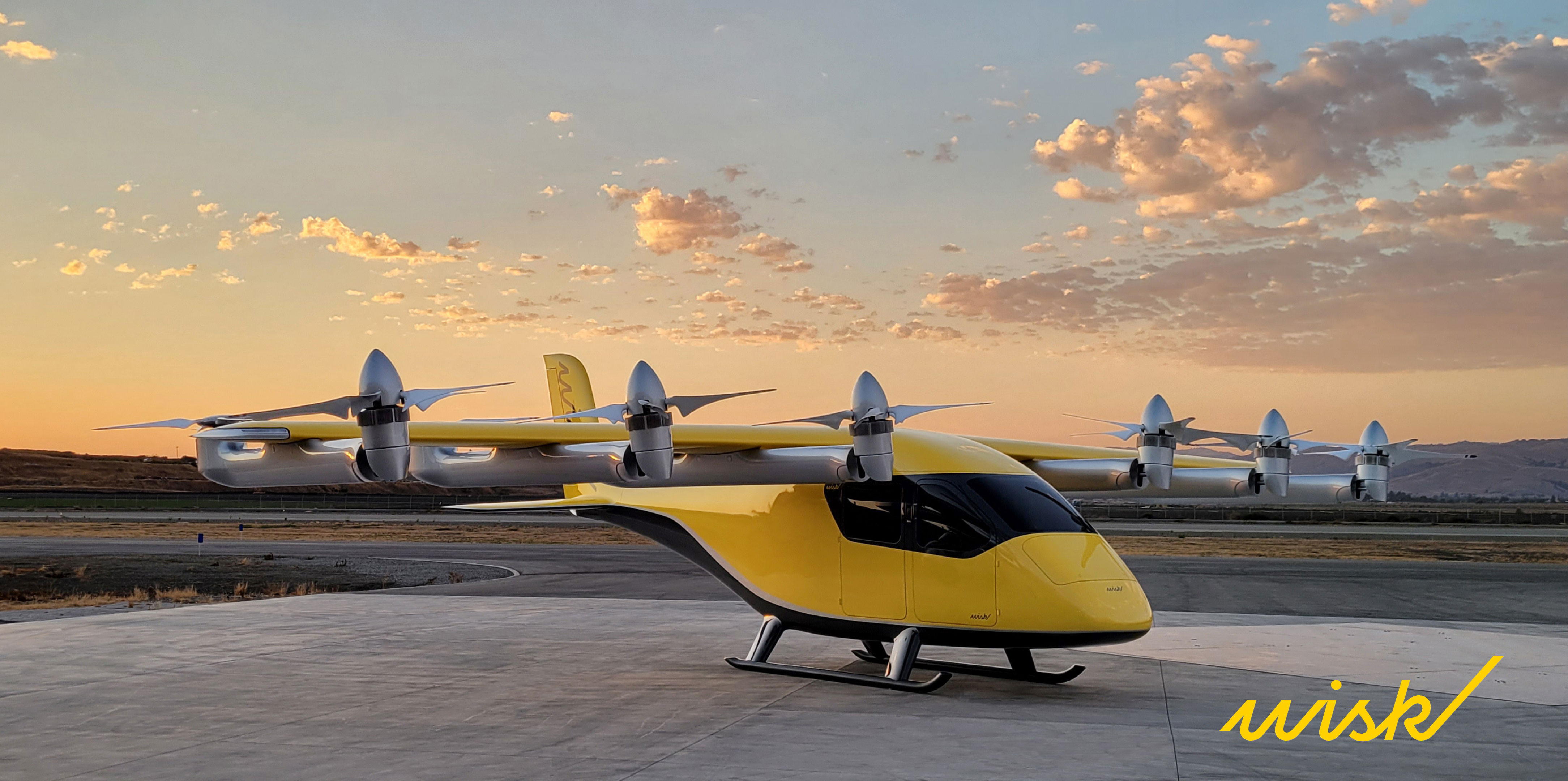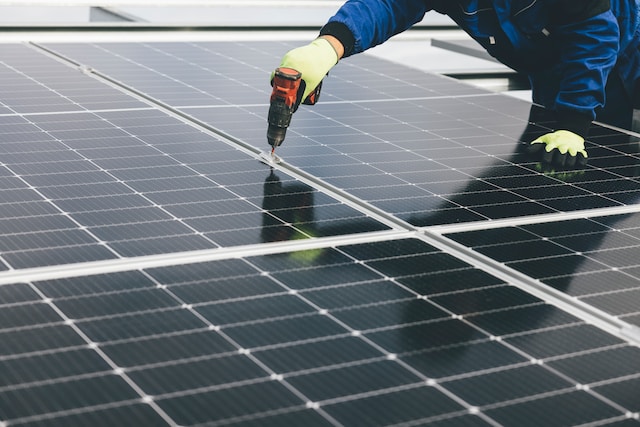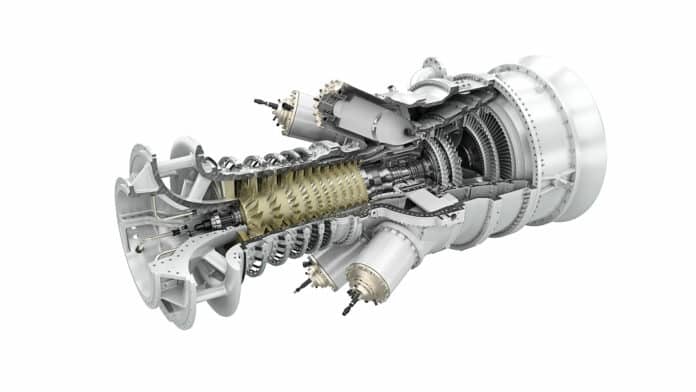Managing the disposal of waste entering the ocean proves challenging due to its extensive distribution and the inclusion of contaminants. Thus, it becomes imperative to intercept and gather this waste from rivers before it reaches the sea.
Researchers from The Korea Institute of Civil Engineering and Building Technology (KICT) have developed a technique to reduce the presence of floating debris in rivers, a substantial environmental threat to marine life.
Chungcheongnam-do province, with over 500 rivers and the third-longest coastline in South Korea, has seen a yearly rise in marine debris. About 61.2% of the total debris comes from rivers. In 2019, Chungnam installed an interceptor facility, but it suffered structural damage during heavy rains and floods. The failure was attributed to the interceptor not accounting for the river’s geometry and characteristics.
Implementation and AI integration
Using technology to analyze the amount and composition of floating debris, KICT’s project not only improved the safety of the interceptor but also focused on developing and testing a collection-oriented interceptor plant. This interceptor collection also responds to changes in river water levels and accurately determines the optimal timing for collection.
The interceptor facility and monitoring system at Yugu-cheon will operate and undergo continuous improvement until 2026. Ongoing discussions with relevant local governments are taking place to extend the results to other rivers in the future.








